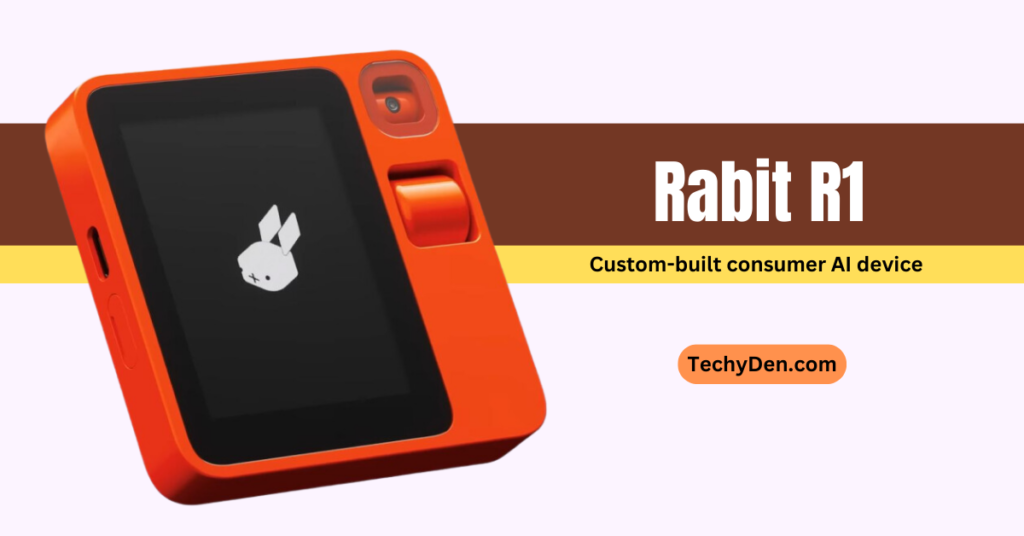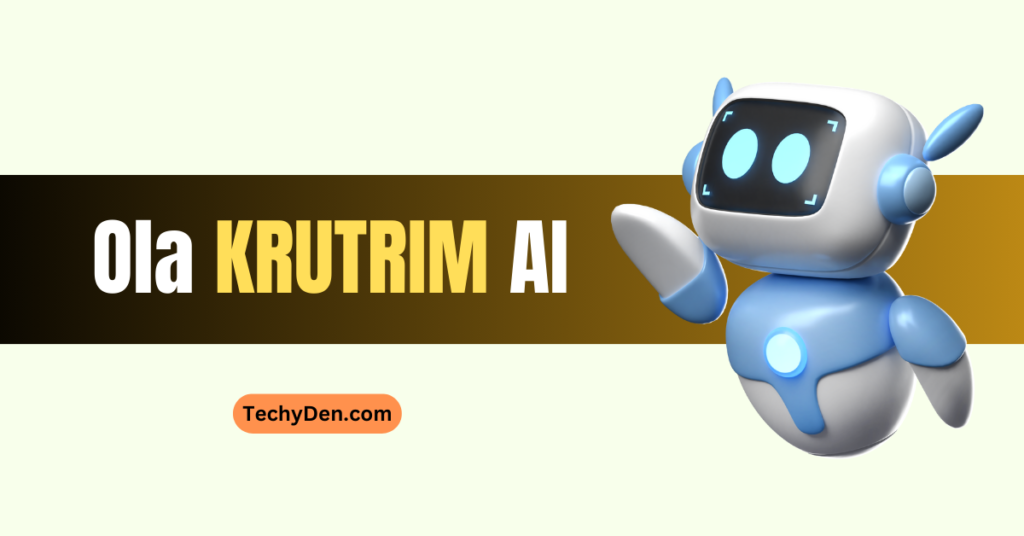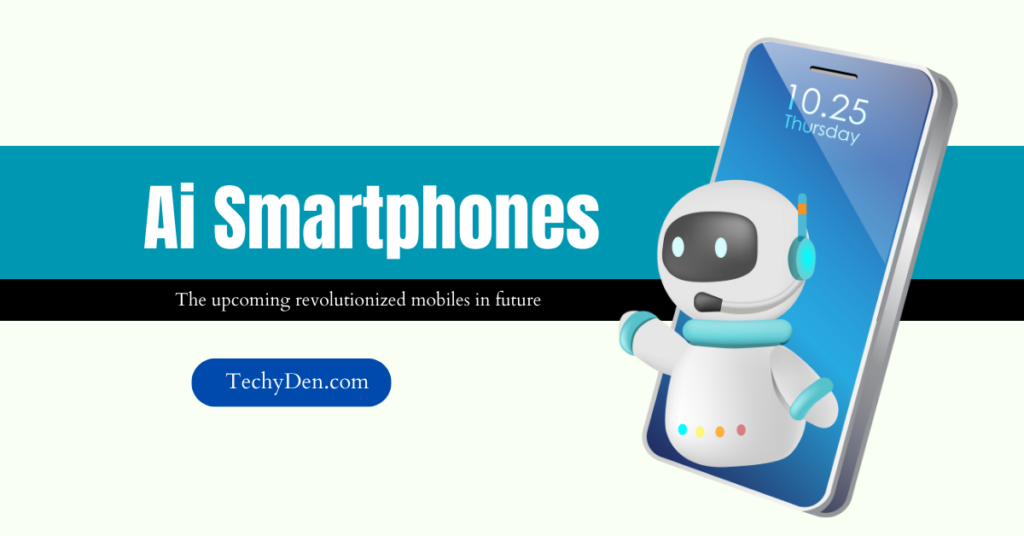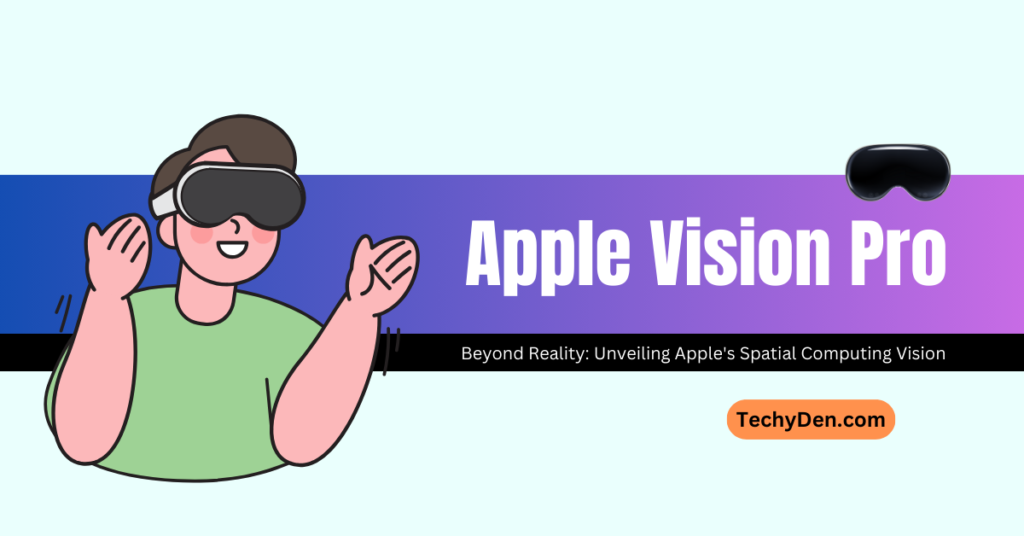Are you looking for Google upcoming projects for 2025? As we march ahead into the future, Google stands at the forefront of technological innovation. With a diverse portfolio of products and services, as well as continuous research across emerging technologies, Google has firmly established itself as a leader pushing the boundaries of what’s possible. 2025 is shaping up to be a landmark year for the tech giant, with several highly anticipated projects slated for launch or expanded rollout. We know the Google latest projects up until last year.
Google has proven time and again its ability to take nascent technologies and transform them into shipped products and platforms used by billions worldwide. The company’s advancements in artificial intelligence, quantum computing, self-driving vehicles, cloud infrastructure, and hardware development have fundamentally shaped the technology landscape. With Google leading the charge, 2025 promises to bring breakthroughs that will continue redefining how we live, work, communicate, and access information.
In this blog post, we’ll explore Google’s most ambitious and transformative projects slated for 2025 and beyond. From augmented reality headsets to futuristic AI assistants, autonomous ride-hailing services, innovative smartphone designs, and cutting-edge chipsets, Google’s upcoming pipeline points to an exciting future.
The company is leveraging its unparalleled resources and talent pool to push the boundaries even further across these key strategic initiatives. As consumers, we have much to gain from Google’s unrelenting progress. Read on for details and insights into the most groundbreaking new products, platforms, and services Alphabet’s moonshot factory may soon unleash upon the world.
Let us check the upcoming google products 2025.
Google Upcoming Projects in 2025
From AI advancements to AR headsets, Google’s 2025 lineup promises innovation. Explore what’s on the horizon!
1. Android 15

Android 15, codenamed “Vanilla Ice Cream,” is the highly anticipated next major upgrade to Google’s beloved mobile operating system. While the first developer preview hasn’t arrived yet, we’re already buzzing with excitement about what it will bring.
Let’s explore the exciting world of Google’s Android 15, codenamed “Vanilla Ice Cream.” This OS promises major advancements, building upon its predecessors. Here are some key details:
- Name and Release Date: Internally called “Vanilla Ice Cream,” expect a developer preview around February 2025.
- Release Date: October 2025
- Material You Design: This will extend Android 12’s personalized design language. More customization based on wallpapers.
- Predictive Gestures: These are intuitive, fluid gestures that anticipate user actions. Could surpass iOS in smoothness.
- Cloud Photo Picker: Access images from Google Photos cloud storage. Streamlines media sharing.
- Thread and NFC Support: Enhanced capabilities for smart homes and device interactions.
- Private Space: A secure folder to hide apps and sensitive content.
- .pkpass File Handling: Smoother interactions with digital passes like boarding passes.
These early details offer a glimpse into Android 15’s capabilities. As the OS unfolds, more features will surely emerge to redefine our mobile experience. Stay tuned for official announcements and get ready to savor some “Vanilla Ice Cream”!
2. Gemini AI (Google Bard Advanced)

Google’s Bard Advanced, now known as Gemini, This cutting-edge project combines AI capabilities with practical applications, empowering users in various domains. Here’s what you need to know:
- Release Date: Mid-2024
- Gemini Advanced: Gemini Advanced is Google’s most capable AI model, also referred to as Ultra 1.0. It offers a suite of powerful features, making it a game-changer for professionals, learners, and creators. Users who opt for Gemini Advanced gain access to an array of tools and functionalities that go beyond the ordinary.
- Multimodal Capabilities: Gemini Advanced isn’t limited to text-based interactions. It embraces multimodality, allowing users to combine text, images, and other media seamlessly. Imagine collaborating with an AI that understands context across different modalities—whether you’re debugging code, brainstorming ideas, or preparing for interviews.
- Interactive Coding Features: For developers and coding enthusiasts, Gemini Advanced is a boon. It assists with complex coding scenarios, acting as a sounding board for ideas. Expect features like step-by-step instructions, sample quizzes, and personalized feedback on your code.
- Deeper data analysis: Data scientists and analysts will appreciate Gemini’s prowess in data analysis. Dive into datasets, explore patterns, and gain insights with Gemini’s advanced analytical capabilities.
- Personal Tutoring: Gemini Advanced adapts to your learning style. It can create customized quizzes, provide explanations, and guide you through intricate concepts. Whether you’re a student or a lifelong learner, this personalized tutoring experience is invaluable.
- Availability and Expansion: Gemini Advanced is currently available in more than 150 countries and territories in English. Google plans to expand its availability to other languages, ensuring a global reach.
- Gemini App: Alongside the web interface, Google has launched the Gemini app for mobile devices. Now you can harness Gemini’s power on the go, whether you’re on your phone or tablet.
In summary, Gemini Advanced (formerly Bard) is a leap forward in AI-human collaboration. It’s not just about algorithms; it’s about empowering individuals to achieve more. Keep an eye on Gemini—it’s poised to redefine how we interact with artificial intelligence.
3. Google Pixel Series
The Pixel 8a and Pixel 9 series will demonstrate Google’s continued commitment to delivering the best Android experience through its in-house hardware. Advanced camera performance and innovative software features will again be highlights.
Let’s delve into the exciting world of Google’s Pixel 8a and Pixel 9 Series, where innovation meets photography prowess. These upcoming projects promise to redefine how we capture moments. Here’s what you need to know:
a. Google Pixel 8a

The Pixel 8a is the final installment of the Pixel 8 lineup, and it’s set to make waves in the mid-range smartphone market. Here are the key details:
- Design and Features:
- While design changes are minimal compared to last year, the Pixel 8a will maintain the clean and functional aesthetics typical of Google’s phones.
- Expect the Tensor G3 chipset, which debuted in the Pixel 8, along with AI-centric features that enhance performance and the user experience.
- Like its flagship counterparts, the Pixel 8a will be among the first Android phones to receive timely updates, ensuring longevity.
- Photography and Battery Life:
- The Pixel A series is known for offering some of the best features from the flagship lineup.
- While it won’t have all the premium features, the Pixel 8a will still deliver great photography and impressive battery life.
- If Google keeps the price under $500, it’ll be a compelling choice for budget-conscious users.
b. Google Pixel 9 and Pixel 9 Pro

The flagship Pixel devices are always highly anticipated, and 2025 won’t disappoint. Here’s what we know about the Pixel 9 and its more premium sibling, the Pixel 9 Pro
- Release Date:
- Expect the announcement of these phones around October 2025.
- There’s even a possibility of three Pixel 9 devices, including two Pixel 9 Pro variants.
- Performance and Camera Improvements:
- Both the Pixel 9 and Pixel 9 Pro will share performance enhancements and camera upgrades.
- Google’s Tensor 4 chip is likely to debut in these devices, promising faster processing and AI capabilities.
- Design and Variants:
- While specific design details are scarce, we can anticipate sleek aesthetics and thoughtful ergonomics.
- The Pixel 9 Pro variants might differ in size but offer the same powerful performance and camera features.
Google’s 2025 Pixel lineup aims to cater to diverse user needs. Whether you’re looking for an affordable mid-range phone (Pixel 8a) or a flagship experience (Pixel 9 series), Google has exciting offerings in store. Keep an eye out for these devices—they’re poised to redefine smartphone photography and user satisfaction!
4. Google Summer of Code 2025

Google Summer of Code (GSoC) is an annual program where students collaborate with open-source organizations to work on coding projects during their summer break. It’s a win-win situation: students gain real-world experience, and open source projects benefit from fresh contributions.
How does it work?
- Mentor Organizations: Google selects around 150 open source organizations to participate. These organizations mentor students throughout the program.
- Contributors: Students apply to be GSoC contributors and propose projects they’d like to work on.
- Coding Period: The standard coding period lasts 12 weeks, but mentors and contributors can extend it up to 22 weeks if needed.
Timeline:
- November 20, 2025: Program Announcement Date.
- January 22, 2025: Org Applications Open.
- February 6, 2025: Organization Application Deadline.
- February 21, 2025: Accepted Organizations Announced.
- March 18, 2025: Contributor Proposals Open.
- April 2, 2025: Proposal Deadline.
- April 24, 2025: Proposal Ranking Deadline.
- April 29, 2025: Slot Allocation Deadline.
- April 30, 2025: Projects Announced to Orgs.
- May 1, 2025: Accepted Projects Announced.
- November 14, 2025: Program End Date.
Why Participate?
- Learning Opportunity: Work on real-world projects, learn from experienced mentors, and contribute to open source software.
- Community Building: Connect with like-minded developers and become part of the global open source community.
- Stipend: GSoC contributors receive a stipend for their efforts.
Get Involved: If you’re a student, keep an eye out for the application window. If you’re an open-source organization, consider becoming a mentor and guiding the next generation of developers. Visit this link for more details about this project.
5. Google Iris Project (RIP)

Google has long had ambitions in the augmented reality space. One of the company’s most secretive initiatives was Project Iris, an effort to develop lightweight AR smart glasses. Codenamed Project Iris, the prototype device was intended for release in 2025, though the project was ultimately canceled.
The overall design for Project Iris resembled futuristic ski goggles. A key design principle was having no need for an external power source or phone connection. Instead, the glasses were self-contained with outward-facing cameras to blend virtual objects into the real world. Google developed a custom processor to enable snappy performance when rendering complex AR imagery. The glasses ran on a specialized version of Android.
Features:
- No external power source
- Outward-facing cameras blend virtual objects with the real world.
- Custom processor for snappy performance
- Powered by Android
Potential Use Cases:
- Visual search
- AR navigation
- Interactive learning
- Workplace efficiency
Project Iris aimed to unlock a variety of use cases through its blending of physical and digital realities. Visual search was a major focus, allowing users to quickly pull up information about objects around them.
AR navigation features would overlay directions onto real-time views. In education and workplace settings, interactive AR imagery could enhance learning and productivity.
While Project Iris never came to fruition, it demonstrated Google’s early vision for redefining how we interact with computers. Its hands-free interface and visual capabilities offered a glimpse into the ultimate potential of augmented reality technology.
Though canceled for now in 2025, expect Google to continue pursuing innovative AR hardware and experiences in the future.
6. GenAI: Unleashing Creativity with Generative AI
GenAI, short for Generative AI, is Google’s foray into creating AI models that generate new content. It builds upon existing technologies, such as large language models (LLMs), which predict the next word in a sentence based on context.
But GenAI goes beyond text—it can create new images, videos, and audio, opening up exciting possibilities.
Generative AI Overview:
- Historically, AI was used for understanding and recommendation. Now, generative AI enables us to create new experiences.
- Imagine an AI that not only understands but also generates content—whether it’s writing a poem, composing music, or designing artwork.
Applications of GenAI:
- Content Creation: GenAI can be harnessed to create fresh, original content across various domains. From personalized stories to custom illustrations, the possibilities are vast.
- Multimodal Experiences: Imagine an AI that generates a story based on an image or creates music inspired by a painting. GenAI blurs the boundaries between different media.
Challenges and Ethical Considerations:
- While GenAI is exciting, it also raises questions about creativity, authorship, and bias. Who owns the generated content? How do we ensure fairness?
- Google’s research teams are actively addressing these challenges to create responsible and inclusive AI.
The Future of GenAI:
As GenAI matures, we’ll witness AI-generated content seamlessly integrated into our lives. From personalized ads to virtual companions, GenAI will be our creative collaborator.
GenAI isn’t just about algorithms; it’s about unlocking human creativity. Google’s commitment to generative AI ensures that the future will be filled with novel experiences crafted by machines.
Conclusion: Upcoming Google Products 2025
Google has a strong history of innovation, and their upcoming google products 2025 will continue that commitment by pushing boundaries in major technology areas like AI, transportation, consumer devices, and mobile platforms.
We can expect major advancements in self-driving vehicles, smart home integration, digital assistants, and next-gen smartphones that will transform how we live and work.
Key potential benefits are increased efficiency, accessibility, knowledge, and convenience. However, rapid change may also disrupt existing industries and activities. Staying adaptable will be important.
If Google maintains its focus on developing accessible and helpful products, these technologies could greatly enrich our lives by simplifying tasks and giving us more time for what matters most.
The future looks exciting as Google aims to harness AI and software to empower individuals with more knowledge, convenience, and opportunities.







